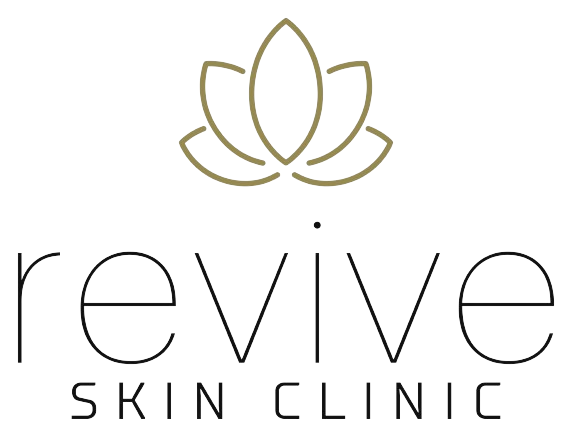New Aesthetics Regulations Explained
With anti wrinkle treatments to laser treatments and soft tissue filler becoming more and more widely accessible, more people are turning to these non surgical procedures than ever before. In the UK, it’s estimated a staggering 11% of the population(*1) are getting non surgical treatments, and with this surge in popularity comes a big concern – Patient Safety!
Many of these procedures are being performed by unqualified or poorly trained practitioners, therefore complications ranging from infection to permanent damage are becoming more common. When a practitioner doesn’t have the right training or qualifications, safety in ones of the first things to be overlooked.
In September 2023 the UK Government finally announced their proposal (2*) to tighten regulations and ensure higher standards across the industry, but these new regulations are still yet to be implemented. When they are implemented – hopefully at some point in 2025 – they’re expected to bring about a huge change across the industry. The goals are simple: improve safety standards across the industry and ensure only qualified practitioners can perform these aesthetic treatments.
The Government’s proposals focus on several key area, all designed to protect patients and raise industry safety standards:
New Licensing Scheme – One of the key aspects is the introduction of a licensing system. This would require both practitioners and clinics from which they operate to be licensed. Specifically, the regulations aim to cover high risk procedures including
- Botulinum toxin (Botox) injections
- Soft tissue fillers
- Chemical Peels
- Laser and energy-based treatment
The new scheme would mandate that only licensed practitioners – those who have undergone extensive and regulated training and hold medical qualifications – can perform these procedures. Similarly, the premises from which they operate must meet hygiene and infection control standards to obtain a licence.
Age Restrictions – The Government has proposed banning all high-risk cosmetic procedures for individuals under the age of 18, with expectations for medically necessary treatments performed by a healthcare professional. This would align with existing laws that already prohibit botox and filler for minors, including the Botulinum and Cosmetic Fillers (children) Act 2021 (3*)
Training and Qualifications – Perhaps one of the most critical aspects of the proposed regulations is the focus on required education and training. The Joint Council for Cosmetic Practitioners (JCCP) has been a key player in this regulatory effort and has long advocated for mandatory training standards for all aesthetic practitioners (4*). Under the proposed licensing system, practitioners would need to meet these national standards to ensure they are well equipped to perform treatments safely and effectively.
What does this mean for patients?
These regulations represent a welcome shift towards greater safety and transparency to protect patients from unsafe treatments performed by unqualified practitioners. Under the new guidelines, patients can rest assured knowing the practitioner they see has the necessary training, insurance, and operates from a clean and hygienic environment.
But until regulations are finalised, its unfortunately up to the patients to take the necessary precautions. They need to check their practitioners qualifications and who their regulatory bodies are. Additionally, patients should be cautious of treatments that appear ‘too cheap’; these come with hidden risks and safety should always be your top priority when choosing a practitioner or clinic.
At Revive Skin Clinic, Carrie is a Registered nurse of 27 years, holding a Bsc in Critical Care Nursing, Post Graduate Courses in Dermatology and Aesthetics, an Independent Prescriber, Fully insured, and a member of the Royal College of Nursing.
1* https://www.policybee.co.uk/blog/aesthetics-industry-statistics
